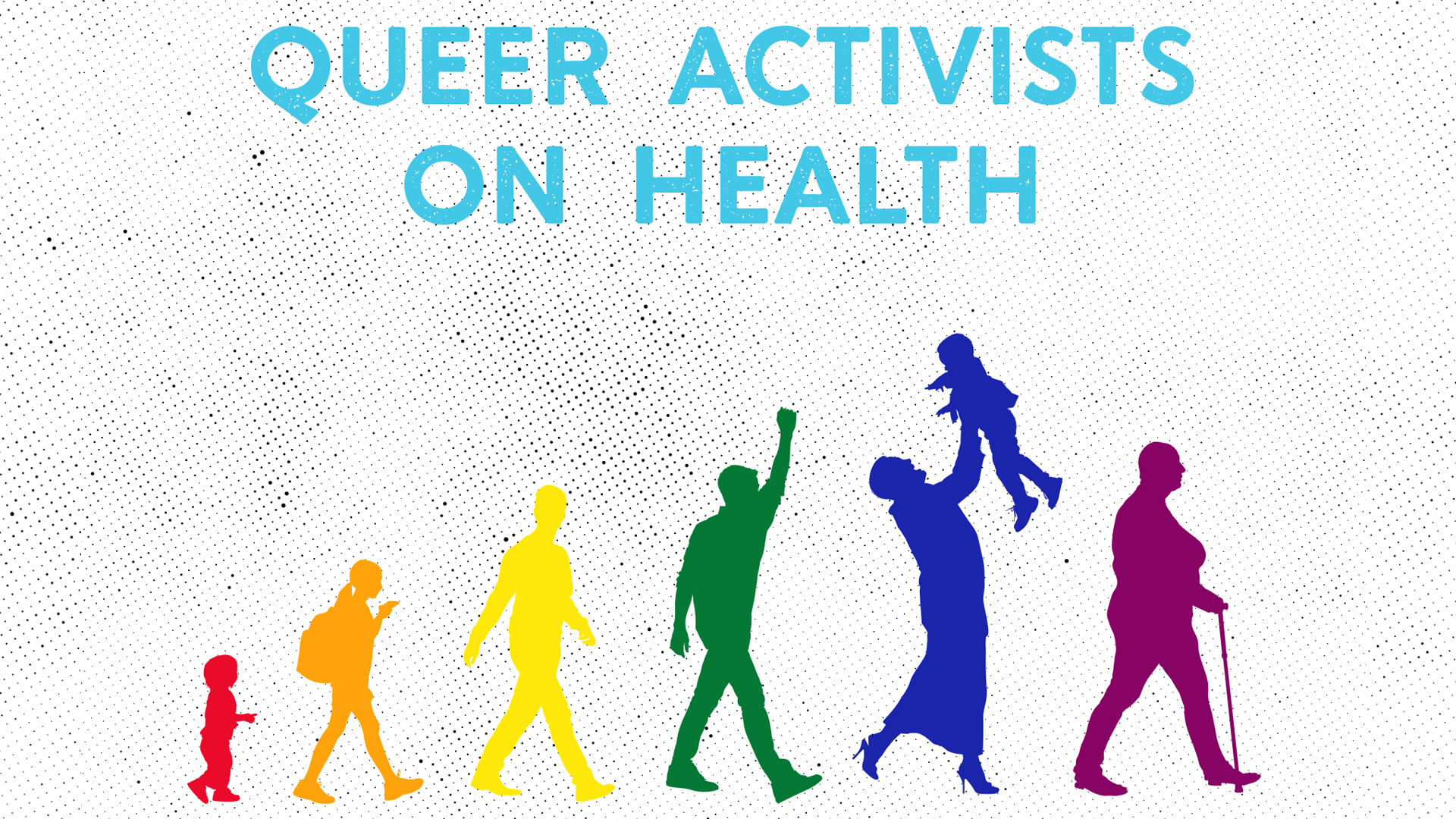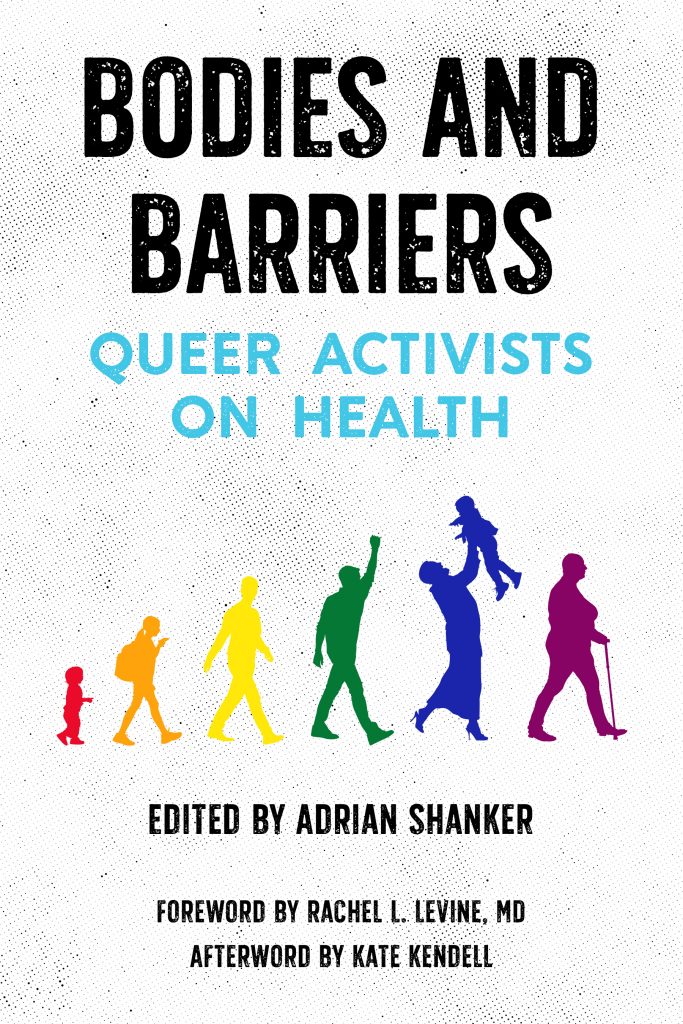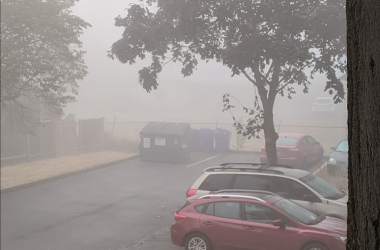Who is Rachel Levine? Pa. health secretary offers calm, reassurance amid pandemic
Dr. Levine also wrote the foreword to Bodies and Barriers: Queer Activists on Health. You can find more about the book below.
By Ivey DeJesus
Pennlive.com
Dr. Rachel Levine joined Gov. Tom Wolf’s administration amid a raging opioid epidemic, which up until now she had described as the worst public health crisis in the state.
Then came the coronavirus.
In the weeks since public health officials have scrambled to address and contain the potentially lethal public health crisis, Levine, the Pennsylvania Secretary of Health, has distinguished herself among medical professionals and peers, pre-emptively and proactively addressing the coronavirus and the state’s response to the virus.
“She has been exemplary in her approach,” said Dr. Jennifer Chambers, Senior Vice President and Chief Medical Officer for Capital BlueCross. “She’s been exemplary in her public health approach and exemplary in her communication. She’s been thoughtful and measured. She’s been very good providing calm, timely and accurate updates. Her voice of reassurance has been very helpful.”
One month after the World Health Organization announced the coronavirus outbreak in late January, Levine directed her department to establish its Emergency Operations Center, and in early March 9, she began holding daily press briefings.
Read more: How coronavirus might impact Pa. election
Health and medical professionals on the ground say that reassurance has been crucial.
“Everyone feels better when they know there is a plan,” Chambers said. “That’s what she is communicating. She gave us forewarning about avoiding crowds and has been providing ongoing updates…..I think that through her leadership, people have come to trust her. She is giving us the right direction…and planning.”
Levine said her approach to leadership involves coordinating with others.
“I think it takes teamwork and collaboration,” Levine said in an interview with PennLive this week. “That would be one of the hallmarks of my leadership style and how I‘m working through this crisis. It is really important to work in teams and stay calm in the face of pressure and crisis.”
To limit the spread of the coronavirus, Gov. Tom Wolf this week ordered a statewide shutdown, telling all “non-essential” businesses in Pennsylvania to close for the next two weeks. The governor has also closed all public schools this week and next week.
RELATED: Read more of PennLive’s coronavirus coverage
As of Wednesday, health officials have confirmed 133 cases of coronavirus in Pennsylvania and one person has died. An unidentified adult patient at a hospital in Northampton County became the first person in Pennsylvania to die from the virus, state officials said Wednesday.
The Philadelphia region has seen the most cases but the virus is spreading across the state. There are now confirmed cases in 18 counties. Levine said state officials are working with hospitals to prepare for a surge of patients.
Pa. Coronavirus Cases
As of March 18, 2020, the Pa. Department of Health reports that there are 133 positive cases of COVID-19 in Pennsylvania.
Setting the tone
Levine’s career rise in the Wolf administration has been relatively swift: In 2015, the governor tapped Levine to serve as Physician General; in 2018 he named her Pennsylvania Secretary of Health.
That tenure has been marked with substantial accomplishments. Even as the coronavirus outbreak emerged globally earlier this year, Levine had already made significant strides to combat the opioid epidemic.
Medical professionals say her guidance of the Department of Health these last several weeks amid the coronavirus outbreak has been led with calm expertise – at times widely outpacing the efforts of the federal government.
Dr. Nirmal Joshi, Executive Vice President and Chief Medical Officer at Mount Nittany Health System, said Levine’s department has at times been the only source of guidance for medical professionals.
“The Department of Health is the only agency up until a week ago where we could get tests done,” he said. “Even now both in guidance and testing it is still the fastest way.”
On Monday afternoon, Joshi was still waiting for the results of tests submitted eight days to a commercial lab.
Federal officials on Tuesday told The Washington Post that the Centers for Disease Control and Prevention had moved too slowly to tap into the expertise of academia and private companies.
Levine, added Joshi, swiftly set the tone for how state health officials are responding to queries from health professionals on the ground.
“In terms of their response, I think it has been outstanding,” he said. “They’ve done an absolutely fantastic job despite significant difficulties with resources. I‘ve been extremely happy with the quality of support.”
Last week, as the number of coronavirus cases in the state continued on rising, Levine gave providers the ability to test residents as they felt necessary, without state permission.
‘She’s been leading’
Her approach on the podium at daily briefings has been one of measured steadiness.
In her early career, Levine distinguished herself in the field of teen health and eating disorders at Penn State Hershey Medical Center. She was also recognized as an ardent advocate and representative of the LGBT community at Penn State Hershey Medical Center.
In 2015, when Wolf named her to his cabinet, Levine made history by becoming the highest-ranked transgender state official.
“I think she has been a steady, calming voice with accurate information and a compassionate approach that I think is really helpful at a time when people are frightened,” said Rep. Dan Frankel, the Democratic chairman of the House Health Committee. “I think she has done an extraordinary job, which is no surprise to me.”
Frankel said Levine has been an antidote to the relatively confusing information out of Washington in the last few weeks.
“She’s been able to provide the alternative view about how serious this is and how Pennsylvanians need to address it,” he said. “She’s been leading.”
Levine, a graduate from Harvard College and the Tulane University School of Medicine, has ordered staff to be readily available around the clock.
“We’ve been able to reach out on weekends and at night,” Joshi said. “In one incident, I personally dealt with a person under investigation and when I needed a test, within a few hours I had three people on the phone with me. That included two epidemiologists and a physician who discussed the case with me. We shipped the test that night and by the next morning, we had the test back. I‘ve been delighted. I‘ve not worked with a government agency that’s had such a quick response.”
‘People need to stay calm’
Levine has attributed falling overdose rates in some Pennsylvania counties to such efforts as making overdose reversal drugs like naloxone more available. More overdose survivors are getting treatment as a result of state-driven efforts, she said.
A year ago, Pennsylvania established an “Opioid Command Center” to coordinate the work of 16 state agencies in position to impact the opioid crisis. Among a slew of initiatives, Levine in 2018 issued a standing order allowing EMS to leave behind more than 620 doses of naloxone.
Earlier this year, she issued a standing order prescription for naloxone, allowing any Pennsylvanian to get the overdose reversal drug at a pharmacy for anyone who may need it.
Joshi said Levine’s approach to the coronavirus response stands in contrast to the federal response. That’s particularly so, he added, with regards to the federal lag in terms of getting tests out to local authorities.
“I think there’s still a lag,” Joshi said. “It’s not about doing a good job or a poor job. At a time when we have a public health crisis it’s so easy to begin criticizing government agencies. But this is the time to rally and give them some kudos for the really marvelous job they are doing in the face of limited resources.”
The number of cases in Pennsylvania is going to continue to grow, Levine has said. At a press briefing Wednesday, Levine said state officials are working with hospitals to deal with the likely surge of patients.
Levine on Wednesday said she was “very pleased” with the way Pennsylvania residents were responding to the crisis and heeding advice from health officials.
“It’s important to message… to really thread the needle…that people need to stay calm,” Levine said. “We need to prepare for the likelihood of community spread of Covid-19. We are working to mitigate that….but at the same time prepare for it. My message for everyone in Pennsylvania is to stay calm, stay safe and stay home.”
Rachel L. Levine, MD, is the secretary of health for the Commonwealth of Pennsylvania and Professor of Pediatrics and Psychiatry at the Penn State College of Medicine. She is a fellow of the American Academy of Pediatrics, the Society for Adolescent Health and Medicine, and the Academy for Eating Disorders. She is a member of the World Professional Association for Transgender Health. She is also a board member and executive committee member of the Association of State and Territorial Health Officials. Dr. Levine joined Governor Tom Wolf’s administration in January 2015 as the physician general of the Commonwealth of Pennsylvania and, upon her appointment, became the first transgender person to hold a cabinet position in Pennsylvania. In 2017, she was named the acting secretary of health and in 2018 was confirmed by the Pennsylvania Senate as the Secretary of Health. She leads the LGBTQ Policy Workgroup and advocates for LGBT rights for the Wolf Administration. Dr. Levine is also an accomplished regional and international speaker and author on the opioid crisis, medical marijuana, adolescent medicine, eating disorders, and LGBT medicine. Dr. Levine graduated from Harvard College and the Tulane University School of Medicine. She completed her training in pediatrics and adolescent medicine at the Mt. Sinai Medical Center in New York City.






